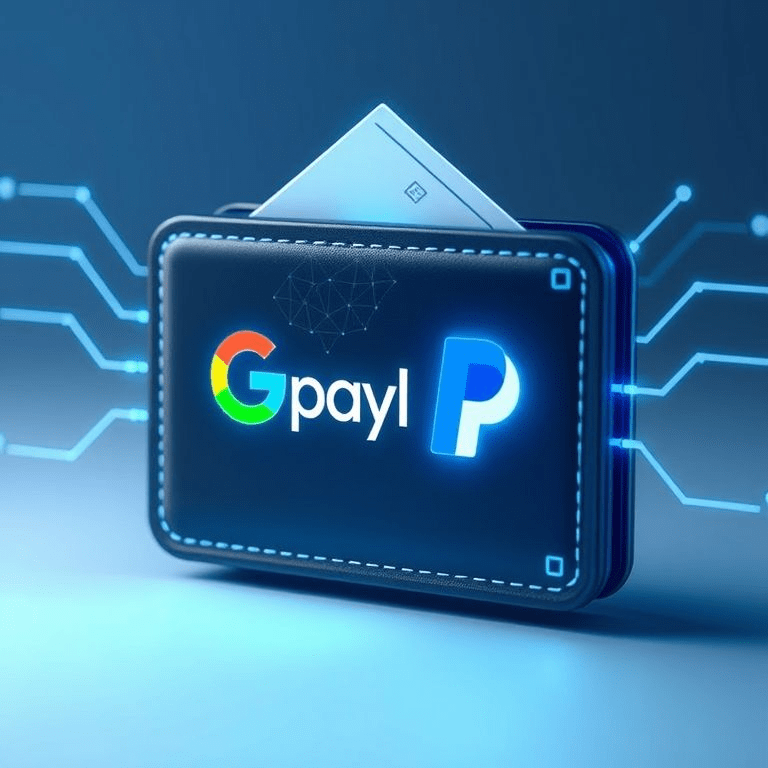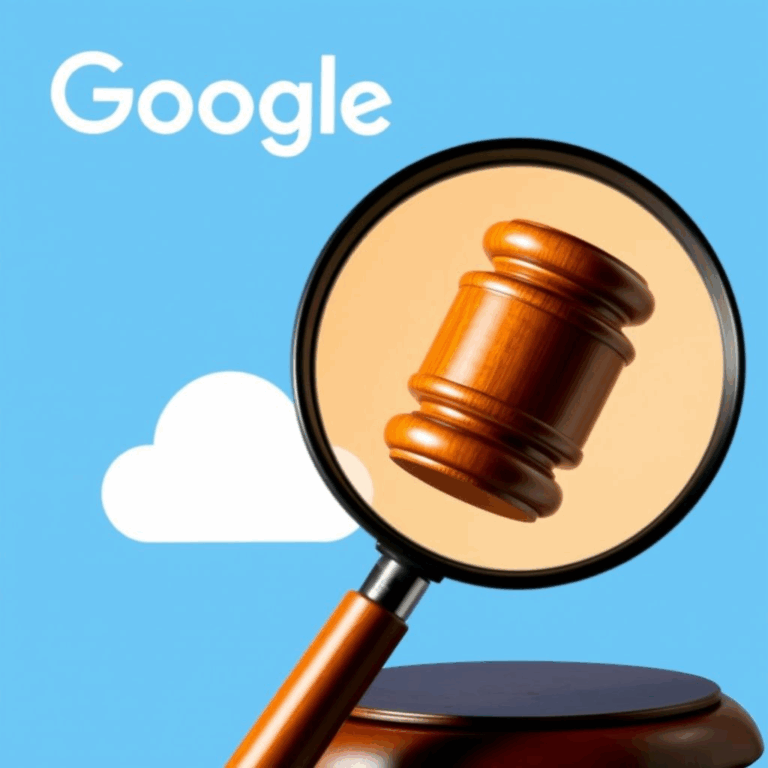Introduction
In a landmark fintech collaboration announced on September 17, 2025, Google and PayPal unveiled a sweeping strategic partnership designed to reshape the global payments landscape. The Google PayPal partnership integrates PayPal’s payment infrastructure directly into Google’s ecosystem while leveraging Google’s advanced artificial intelligence (AI) tools to enhance security, efficiency, and user experience.
The announcement signals not only a new chapter for the two tech giants but also a broader transformation in how consumers and businesses interact with digital payments in the era of AI-driven commerce.
What the Google PayPal Partnership Involves
The agreement is multi-layered and covers several key areas:
- Seamless Integration of PayPal into Google Products
- PayPal’s branded checkout will now be embedded directly into services like Google Play, Google Shopping, and Google Cloud marketplaces.
- Consumers no longer need to redirect to external payment gateways, reducing friction in the checkout process.
- AI-Enhanced Payment Security
- Google’s machine learning and fraud detection models will power PayPal’s anti-fraud and anomaly detection systems.
- By analyzing billions of transactions in real time, AI will help identify unusual patterns and block suspicious activity faster than ever before.
- Hyperwallet and Payouts Expansion
- PayPal’s business solutions—Hyperwallet and Payouts—will be integrated into Google platforms, helping merchants, app developers, and content creators receive funds quickly and securely.
- Cross-Border Reach
- Both companies emphasized the partnership’s global scope, targeting emerging markets in Asia, Latin America, and Africa where mobile-first payments are surging.
Why Now? The Context Behind the Deal
The timing of the Google PayPal partnership is no coincidence. Several market forces are driving this collaboration:
- Rising competition in fintech and payments: Apple, Stripe, and Block (formerly Square) have all expanded aggressively in digital payments. Google and PayPal need to consolidate strengths to remain competitive.
- AI revolution in fintech: Fraud detection, credit scoring, and personalization are increasingly powered by AI. Google’s vast AI expertise complements PayPal’s financial network.
- Consumer expectations: Shoppers now expect frictionless, one-click, secure checkouts—especially as e-commerce and digital services dominate.
Industry Reactions
Positive Reception from Analysts
Analysts view the deal as a win-win:
- For Google: It gains credibility in digital payments, a space where it has struggled with Google Wallet and Google Pay adoption outside select markets.
- For PayPal: It secures access to Google’s billions of users across its platforms, expanding transaction volumes and relevance.
Market Response
Following the announcement, PayPal’s stock rose over 3% in early trading. Google’s parent Alphabet saw modest gains as investors welcomed diversification into financial services powered by AI.
Expert Quotes
- “This is a strategic masterstroke. Google brings AI and distribution, PayPal brings payments expertise. Together, they could redefine online commerce.” — Dan Ives, Wedbush Securities analyst.
- “The partnership underscores a shift: fintechs no longer go at it alone—they integrate into larger ecosystems.” — Kavita Mehra, fintech consultant.
Benefits for Consumers
For everyday users, the Google PayPal partnership promises:
- Faster checkout experiences: No redirects, fewer clicks, more seamless completion.
- Better fraud protection: AI algorithms catch unusual activity earlier, reducing fraud risks.
- Wider acceptance: PayPal already has over 400 million active accounts; integration with Google multiplies reach.
Benefits for Businesses & Developers
Merchants, developers, and small businesses stand to gain:
- Simplified global payouts: Using PayPal Hyperwallet via Google Cloud or Play Store.
- Increased conversion rates: Less checkout abandonment thanks to smoother processes.
- Built-in trust factor: Customers recognize and trust PayPal as a secure payment option.
Potential Concerns & Criticisms
No major tech deal comes without scrutiny. Some observers flagged potential risks:
- Data privacy: How much transaction data will Google access? Critics worry about blending financial data with Google’s advertising ecosystem.
- Regulatory oversight: Governments in the EU and India have tightened rules on payments and cross-border data flows. This deal could draw antitrust attention.
- AI bias in fraud detection: If AI models misclassify transactions, users may face false declines or delays.
Global Implications
The partnership is likely to have ripple effects:
- Asia: With booming mobile commerce, the PayPal-Google synergy could accelerate adoption in India, Indonesia, and the Philippines.
- Latin America: PayPal is already strong in Brazil and Mexico; Google integration could expand its merchant ecosystem further.
- Europe: Regulators may force stricter transparency, but the deal could boost fintech innovation across the continent.
Future Outlook
Industry experts predict several next steps:
- Voice & AI Assistants in Payments
Imagine saying “Pay with PayPal” directly to Google Assistant during shopping. - Deeper AI personalization
Checkout pages tailored in real time to user history, purchase patterns, and fraud risk scores. - Expansion into Lending & Credit
Google and PayPal may later explore joint ventures in small business lending or consumer credit, powered by AI scoring models. - More Super-App-like features
This partnership could evolve Google services into a “super-app” rivaling WeChat, with payments, messaging, shopping, and content integrated.
Conclusion
The Google PayPal partnership is more than a corporate tie-up; it’s a statement on the future of digital payments. By combining Google’s AI capabilities with PayPal’s financial infrastructure, both companies aim to set new standards for speed, security, and simplicity in global commerce.
If successful, it could redefine how billions of users pay and get paid in the digital economy.







